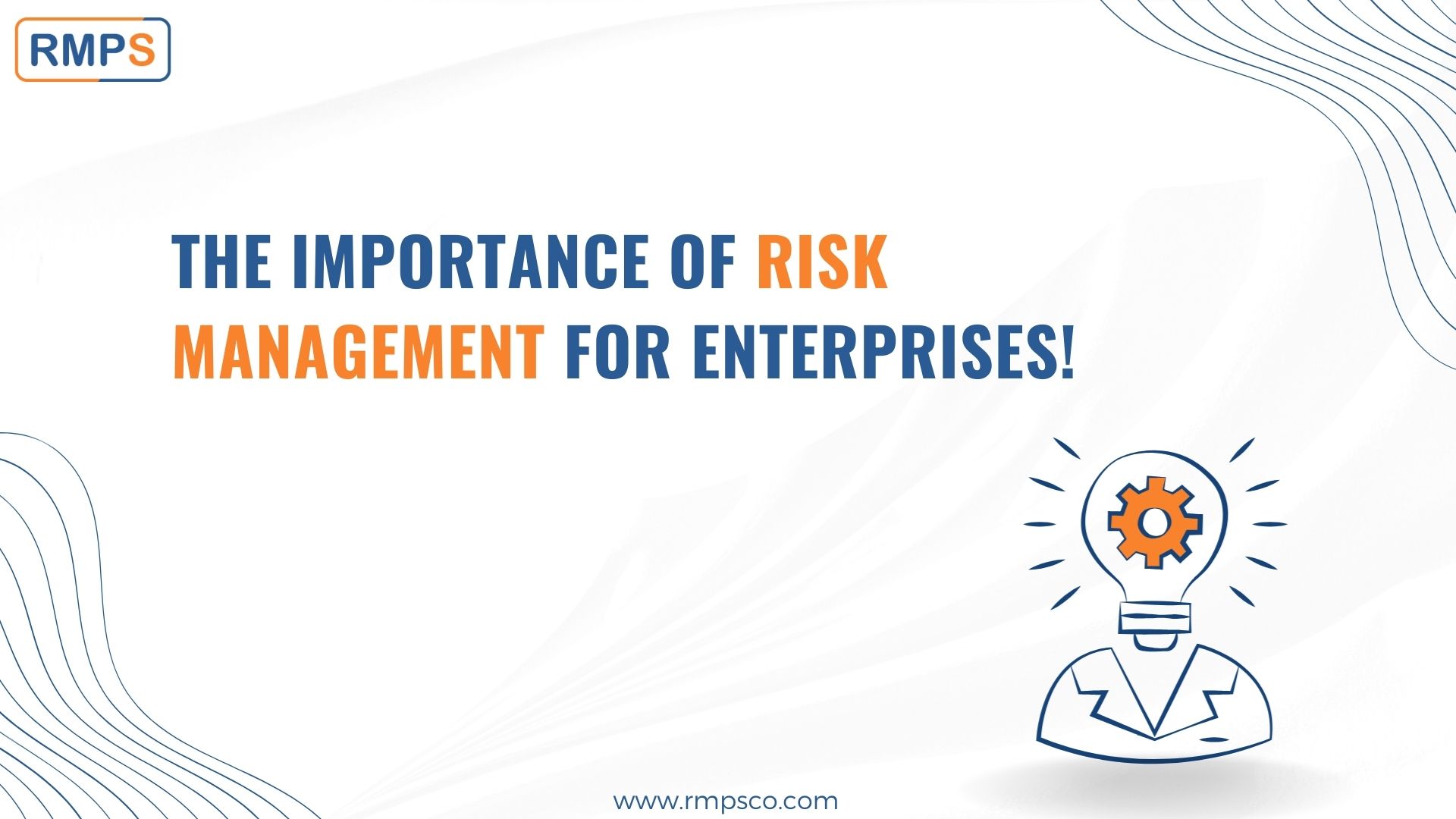Navigating the Difficulties: Understanding the Importance of Risk Management
The Important Significance of Risk Management in Getting Organizational Objectives
In the swiftly developing company landscape, the capacity to browse uncertainty has become an essential. This is where Risk Management steps in, giving a structured strategy to identifying, evaluating, and mitigating possible obstructions to progress. It's greater than just a safety action - it's a tactical device, fostering resilience and advancement. As we discover the essential function of Risk Management in achieving organizational goals, one can not question however help: exactly how does this equate right into real-world success?
Understanding the Principle of Risk Management in Business

The Important Role of Risk Management in Strategic Preparation
Integrating Risk Management into calculated preparation acts as a safeguard for organizations, securing their long-term plans with a strong foundation of preparedness and durability. Risk Management uses a structure for preparing for uncertainties and developing ideal actions, making sure the company's survival and prosperity also in the face of misfortune. By incorporating Risk Management right into strategic preparation, organizations can transform these uncertainties into opportunities for growth and technology.

Strategies for Identifying, Assessing, and Prioritizing Risks
Browsing the complicated landscape of risks calls for the application of details strategies for their recognition, evaluation, and prioritization. The process begins with Risk identification, using tools such as SWOT evaluation, which assists in pinpointing potential hazards and chances. Next off, Risk evaluation is conducted to identify the prospective influence and likelihood of each Risk. Tools such as Risk matrices and impact-probability charts are utilized for this. Ultimately, risks are focused on based upon their prospective impact and likelihood, permitting organizations to focus their sources on critical risks. This systematic strategy makes sure a comprehensive understanding of the Risk landscape, enabling organizations to make informed decisions and efficiently take care of threats to achieve their goals - importance of risk management.
Guarding Organizational Workflow With Efficient Risk Management
In the company landscape stuffed with uncertainties, efficient Risk Management plays a crucial role in guarding organizational operations. By recognizing and evaluating possible threats, Risk Management makes it possible for companies to establish durable backup plans. Organizations have to invest in thorough Risk Management methods to guard their operations.

Transforming Prospective Hazards to Opportunities: The Power of Risk Management
An aggressive strategy to take the chance of Management entails identifying, evaluating, and prioritizing risks to design approaches that transform them right into prospective advantages. Therefore, by leveraging the power of Risk Management, companies can not only protect their operations however also stimulate development and accomplish their goals in an unpredictable organization setting.
Instance Studies: Success Stories of Risk Management Driving Service Objectives
Successful application of Risk Management strategies has generated impressive outcomes in numerous companies, highlighting the advantages of this method. Multinational companies like Microsoft and Google, for additional hints circumstances, have actually leveraged Risk Management to decrease hazards and manipulate chances, driving their service goals forward. Microsoft's proactive Risk Management approach aided it pivot promptly throughout the 2020 pandemic, transitioning to remote work smoothly, therefore preserving productivity. Google, by assessing and mitigating potential threats in its cloud-based services, has actually made sure continuous service, consequently enhancing customer trust fund. These examples illustrate just how successful Risk Management can not only guide services clear of prospective mistakes yet additionally direct them towards their critical objectives. Therefore, Risk Management is important to the search of organizational goals.
Conclusion
To conclude, Risk Management is basically essential in attaining business goals. It uses an organized approach to determining, analyzing, and resolving prospective dangers and possibilities. Greater than simply mitigating risks, it also fosters advancement, strength, visit homepage and lasting development. By including Risk Management right into critical preparation, companies can much better navigate uncertainties, safeguard operations, and capitalise on opportunities, thus aligning with long-term objectives.
At its core, Risk Management is the process of identifying, assessing, and addressing potential threats that can negatively impact an organization's operations or purposes. Next, Risk evaluation is carried out to determine the possible effect and possibility of each Risk. you can try this out Risks are focused on based on their prospective impact and chance, enabling organizations to concentrate their sources on high-priority threats. By determining and evaluating possible dangers, Risk Management allows organizations to develop robust backup plans. An aggressive method to risk Management entails recognizing, analyzing, and prioritizing threats to devise methods that turn them into possible benefits.